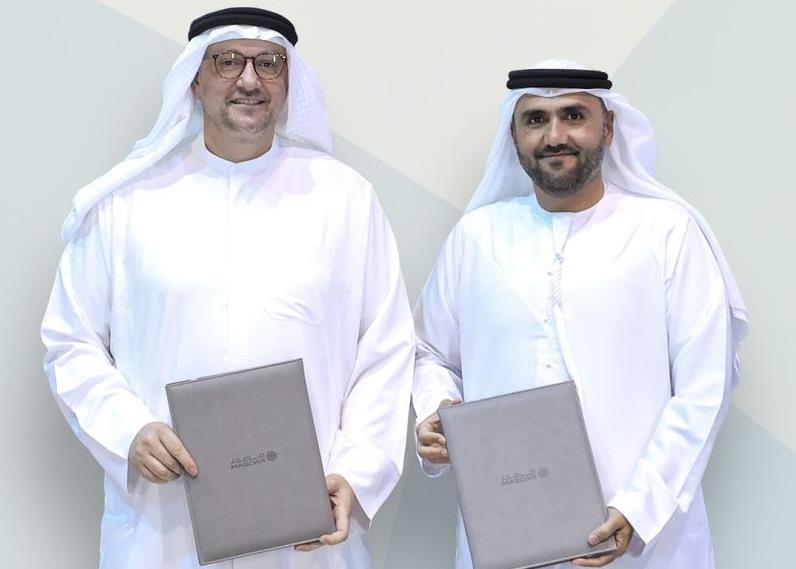
Real-time command, control, communications and intelligence is a doctrine commonly associated with generals planning large-scale military campaigns in underground bunkers. But the technology is now making its way into the oil and gas sector, and it could have a dramatic effect on the way the industry operates.
US engineering services giant Halliburton, working through its subsidiary Landmark, is at the forefront of the new technology and is one of the first to introduce it to the Middle East. In early October, the company opened its first real-time oil field development and innovation centre in the region.
Based in Dubai, the facility uses state-of-the-art visualisation systems, including a nine-metre digital control screen, which allow teams of engineers to assess vital drilling information in a real-time environment. The centre is designed to offer oil companies dramatic savings in both cost and time when compared with conventional methods. According to Halliburton, projects that had previously taken three-six months to plan can be mapped out in just a matter of days. Not only does the system cut time, it also eliminates risk by allowing engineers to model all eventualities as they happen.
'The cost of utilising this facility is almost free when compared to the real cost of having engineers and delays on the ground,' says Gordon McCoullough, Landmark's marketing manager in Dubai. 'The cost to us is basically levied against our expertise, but the benefit to the client is immense.'
For oil companies, the advantages could be far-reaching. By reducing the cost involved in project planning, the system will free up vital resources for redeployment into profit-making activities such as exploration and production. In drawing together the latest software platforms and technology, the system will also enable engineers to push the boundaries of well utilisation that usually limit output in challenging production areas.
'The facilities allow engineers to compare seismic data to the depth and trajectory of the drill bit as it enters the ground. It is moving us closer to our technical target of developing a 100,000-barrel-a-day well. In theory, that would mean we could produce the equivalent of all of Saudi Arabia's present output from about 80 wells,' says McCoullough.
Andy Critchlow
You might also like...

Neom seeks to raise funds in $1.3bn sukuk sale
19 April 2024

Saudi firm advances Neutral Zone real estate plans
19 April 2024

Algeria signs oil deal with Swedish company
19 April 2024

Masdar and Etihad plan pumped hydro project
19 April 2024
A MEED Subscription...
Subscribe or upgrade your current MEED.com package to support your strategic planning with the MENA region’s best source of business information. Proceed to our online shop below to find out more about the features in each package.








